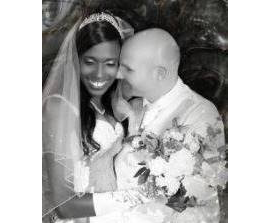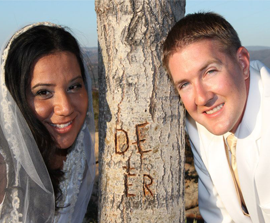Connect with local Christian singles and start meaningful conversations today on CDFF – your gateway to lasting faith-centered relationships

Amanda & Ben
"Thank you CDFF for giving God's children a free place to find God's match for us in life"

Blair & Ryan
"Thank you so much for helping me meet the one God had prepared for me!"

Amy & Dean
"The Lord's timing is ALWAYS perfect, and I am so thankful that He brought Dean and I together!"

Brittany & Jonatan
"We want to thank you for this site and giving us the opportunity to meet were it would have been impossible otherwise. Thank you so much!"

Aimee & Gideon
"I thank the Lord firstly for the people behind this site, CDFF without this bold move to allow myself on CDFF i don't know where we would both be today!"

Laisa & Allan
"Me and my wife would like to say - Thanks so much for your site and to God for bringing us both together"

Alexandra & Johnnie
"I thank God everyday for the gift he gave me! Thank you CDFF for bringing us together!"

Shenna & Matt
"God is so awesome. He is indeed a perfect author of our love story"

Elisa & Dustin
"I found the Love of my Life an hour after signing on for the very first time!"
